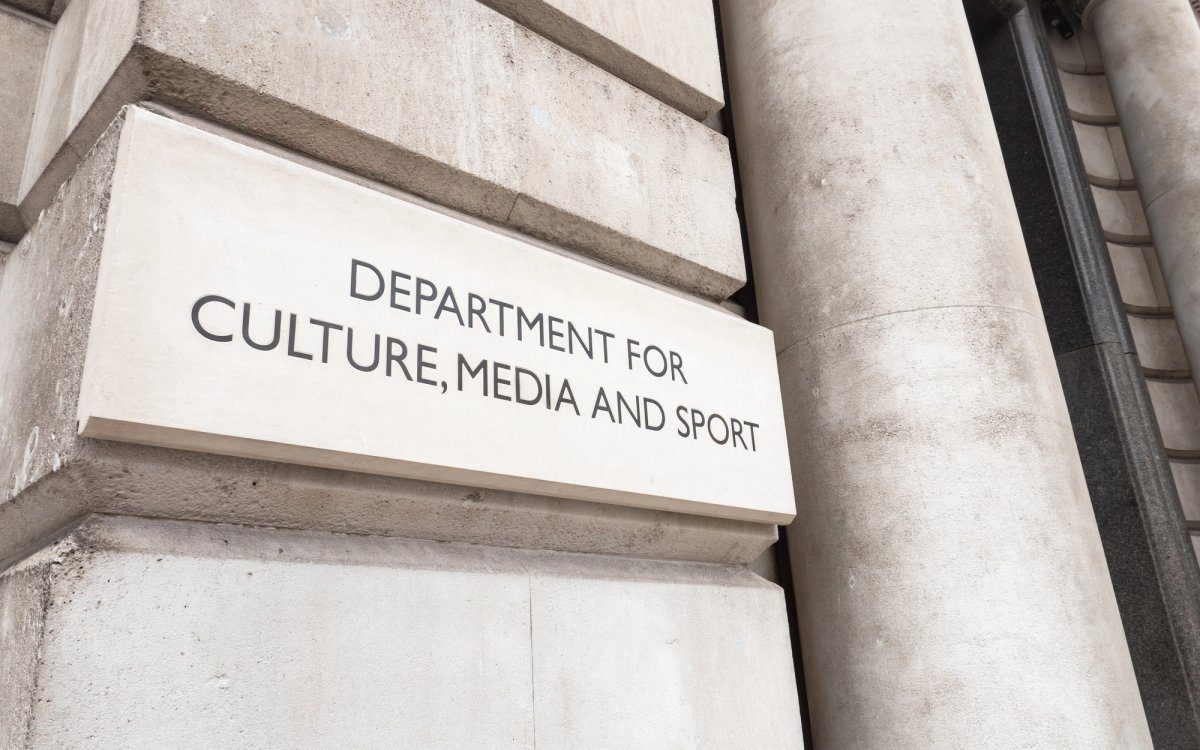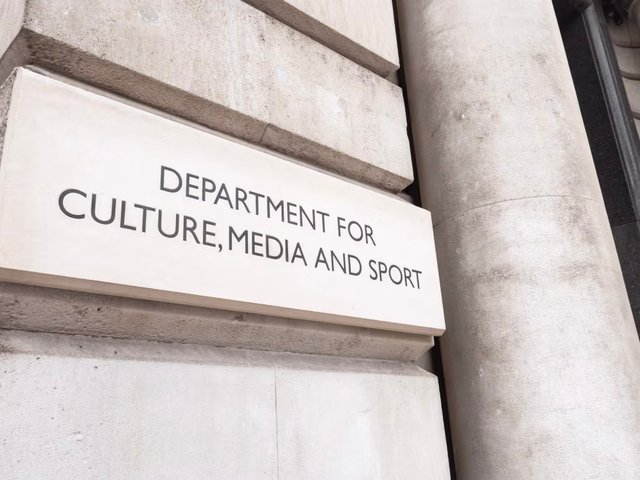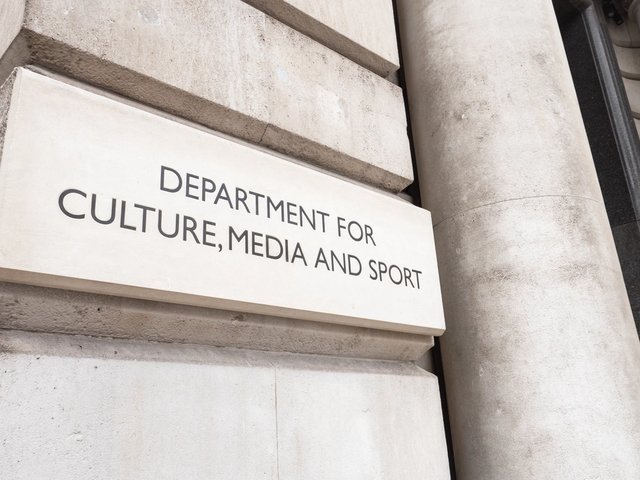Some 20 years and many political affiliations ago, I was a ‘special adviser’ for the Conservative Party, covering the Department for Culture, Media and Sport (DCMS). We were in opposition and my job was to draw up the policies we’d implement in government, as well as departmental spending plans. The policy stuff was fun; the spending plans were not. Ahead of the 2005 election I had to set a target for civil service efficiency savings. For DCMS there was only one way to meet it: sack about half the staff.
There was a logic behind this Doge-like brutality. DCMS is essentially an amalgam of 30 or so arm’s-length bodies, such as the Arts Council, which are nominally accountable to parliament but act without ministerial intervention. Since they did most of the work, what was the point of DCMS?
The Conservatives lost the election, and DCMS staff were safe. Now, however, there are reports the prime minister, Keir Starmer, wants to scrap DCMS altogether. I can see the temptation. Culture could be absorbed into the education department, media into business, and the rest into the Treasury. The debate over why taxpayers should support culture would revert to the “instrumentalist” argument—that it makes us healthier, happier and so on—at the expense of the “intrinsic” argument. But I’ve watched that debate for over 20 years and it rarely changes.
I think we should keep DCMS and scrap the arm’s-length bodies instead. The arm’s-length principle was the brainchild of John Maynard Keynes, the economist who was also the first Arts Council chairman. A proponent of state intervention, he wanted the state to act through “semi-autonomous bodies” made up of experts. This suited arts funding after the war, when everyone could see, thanks to both the Soviets and Nazis, the dangers of state control of the arts. But in many areas, the arm’s-length principle has gone too far and no longer works as intended. The most grievous example is the Post Office scandal, in which ministers refused to intervene for years.
Today’s Arts Council England (ACE) demonstrates one of the principal problems DCMS has with arm’s-length bodies. Although arm’s-length bodies remove ministerial accountability, they still feel the need to create their own form of accountability, which in practice means bureaucracy. And because ticking boxes costs money, you get inefficiency. ACE spends more than £20m on grant-in-aid administration, even though most of the budget goes to what it calls “regularly funded organisations”. This reliance on targets and paperwork not only distorts the purpose of arts funding, it prevents ACE trusting professional, dedicated organisations to do what they do best. Earlier this year, the Wigmore Hall decided to eschew public funding, because the cost of complying with ACE’s strictures was prohibitive.
Over the past few decades, the arm’s-length principle has been extended across government, in the belief that public services are better managed without any political involvement. Personally, I think this is one of the main reasons nothing works any more. We cannot expect ministers to fix things if we remove their ability to do so.
Happily, the prime minister agrees. When he abolished NHS England, the biggest arm’s-length body of them all, he said: “When politicians push everything into an arm’s-length body, what they’re really doing over time is disempowering themselves … to a point where you can’t pull the levers any more. We have to take decisions, and we have to be held to account. That’s why we’re stripping this all back.”
It’s time for DCMS ministers to empower themselves. In a democracy, we have to rely on accountability to keep the system working. Let’s not abolish DCMS, let’s fix it.







